10 Dec Food | Water
Ecosystem Restoration and Regeneration Through Sustainable Forestry
Known as the “lungs of Africa”, the Congo Basin is the largest carbon sink in the world. It absorbs carbon emissions and its ecosystem services support food production, livelihoods and biodiversity across six countries. The Republic of Congo alone absorbs 1.5% of the world’s entire annual carbon emissions. Nevertheless, human activity and natural causes have accelerated the need to safeguard its forests.Singapore-headquartered agribusiness Olam Agri has taken significant strides in pioneering sustainable forest management in the Republic of Congo with concession areas encompassing a vast size exceeding 2.1 million hectares. Olam Agri’s forestry measures are based on selective, low-impact responsible harvesting that is well within guidelines of the Forest Stewardship Council (FSC), providing a source for 100% FSC-certified timber.
With the goal of protecting wildlife and nature, Olam Agri is part of an innovative tripartite agreement with the Wildlife Conservation Society and the Congolese government. For over two decades, this partnership has fostered a harmonious coexistence between local communities, biodiversity and business. This partnership has enabled the expansion of protected forest areas with the incorporation of the Djéké Triangle in Mar 2023, a 9,500-hectare ecologically important forest. The establishment of anti-poaching units further underscores the commitment to conserving and safeguarding the natural environment.
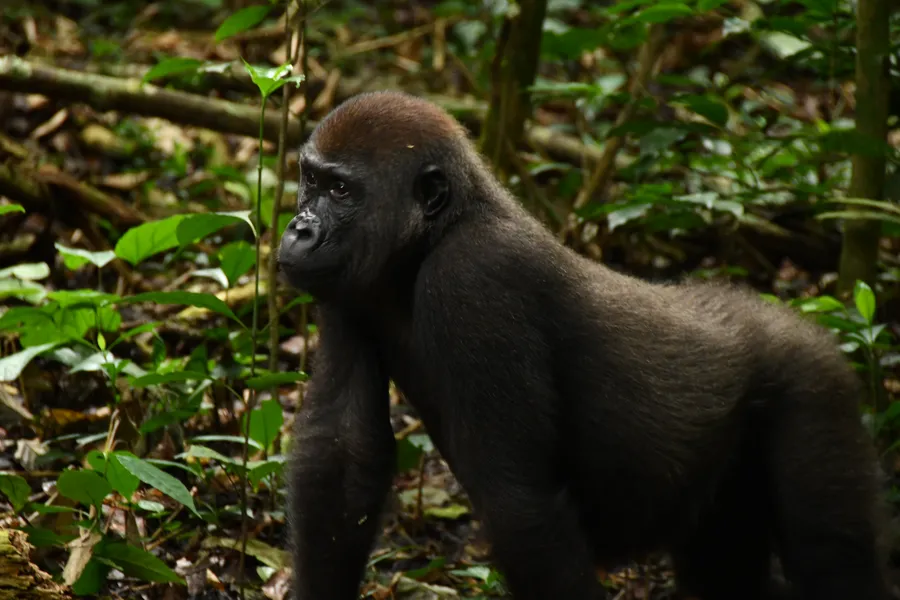
The forests of Congo support research into the ecology and behaviour of western lowland gorillas like Paki Paki.
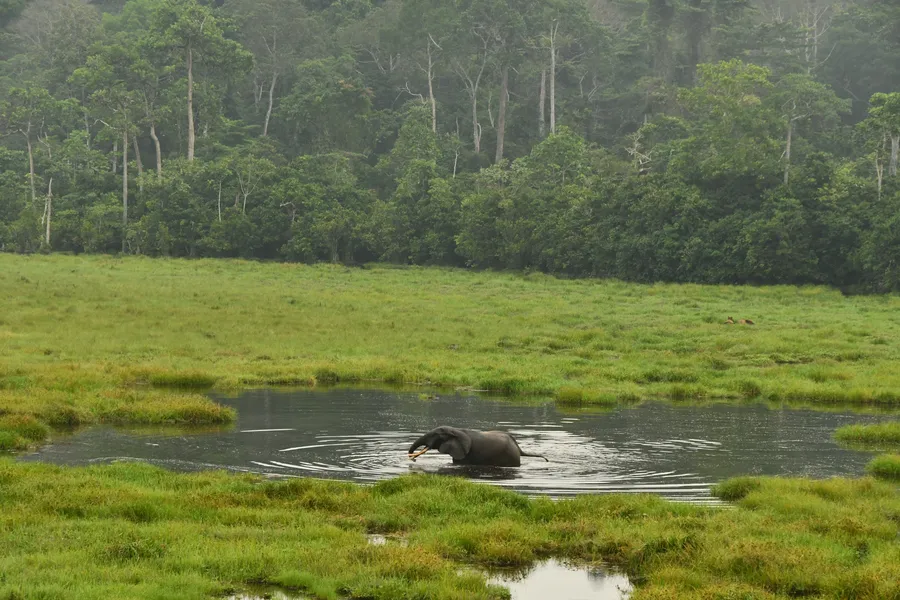
Nouabalé-Ndoki National Park is home to chimpanzees, elephants and other primate species.
Pioneering Traceable and Sustainable Cotton
Cotton, the world’s most essential natural fibre, has long been cherished for its versatility and utility. Yet, the cotton plant is acutely sensitive to changing weather patterns and the looming impacts of climate change. This is set to increase the complexity of managing global cotton supplies.As one of the world’s largest cotton merchants, Singapore-headquartered agribusiness Olam Agri has decades of experience working with cotton farmers around the world. This year, Olam Agri launched a regenerative agriculture programme to strengthen the adoption of sustainable agricultural practices and meet the growing demand of regeneratively sourced cotton. Starting in the US, the company has partnered with regenagri to support cotton growers in their transition to regenerative agriculture practices, and provide customers with traceable, certified and sustainably produced cotton.
This initiative has the potential to reshape the cotton value chain. The pilot programme will support cotton farmers with the tools, resources and market access to adopt regenerative agriculture practices. By seamlessly integrating advanced tracking and tracing mechanisms with regenerative farming practices, every fibre of cotton can be precisely traced back to its source.
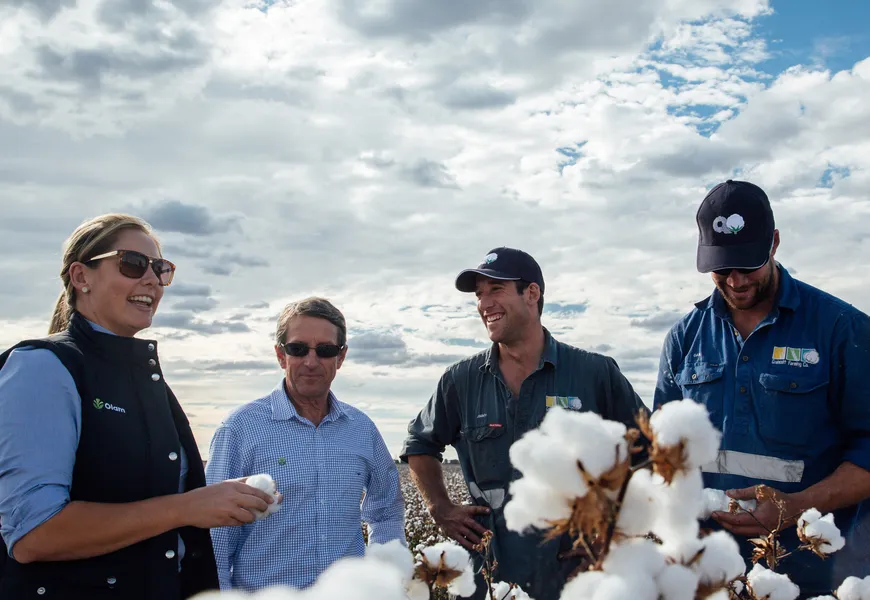
In partnership with regenagri, Olam Agri will provide chain of custody certification for cotton.
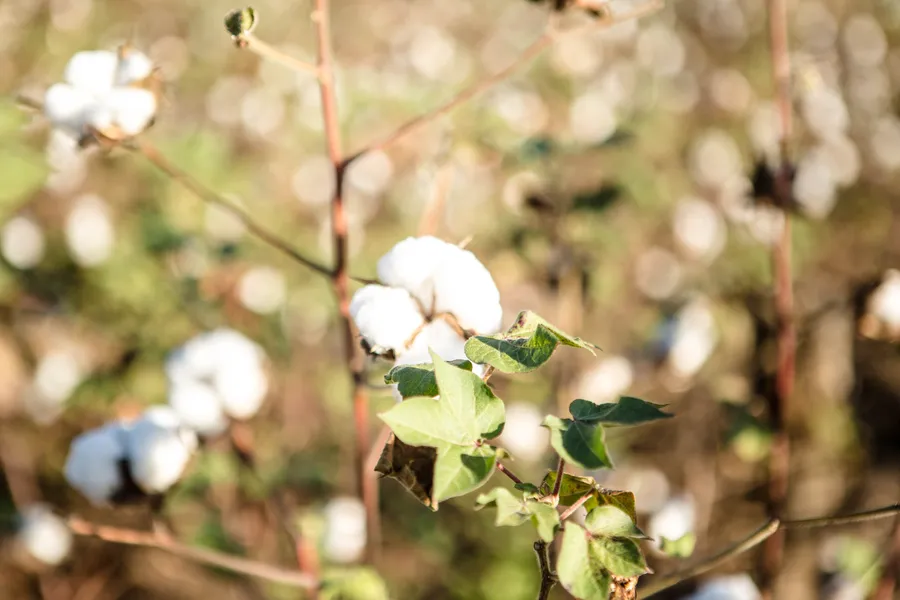
Nature+ Cotton by Olam Agri supports nature-positive agriculture by promoting regenerative practices in cotton farming.
Sustainable Rice Farming to Improve Farmer Livelihoods
Rice is a crucial part of Asia’s economic landscape and dietary habits of people. Southeast Asian countries like Thailand and Vietnam play a pivotal role in rice production, with the two countries accounting for 28% of global rice exports. However, rice production is water intensive and accounts for 10% of global methane emissions. Rice farmers also face challenges such as inadequate organisational structures and lack of access to tools, knowledge, inputs and financial services.Singapore-headquartered agribusiness Olam Agri has collaborated with German development agency GIZ and the governments of Thailand and Vietnam to provide smallholder rice farmers with training in climate-resilient agricultural practices. The Market Oriented Smallholder Value Chain programme has benefitted 29,000 farmers across Thailand and Vietnam, supporting them with sustainable farming techniques like Alternate Wetting and Drying that conserve water usage, improve yields and increase income for participating farmers. By meeting global standards set by the Sustainable Rice Platform, the farmers have been able to export rice crops to new international markets, paving the way for a more sustainable rice value chain and improving livelihoods for smallholder farmers in Southeast Asia.
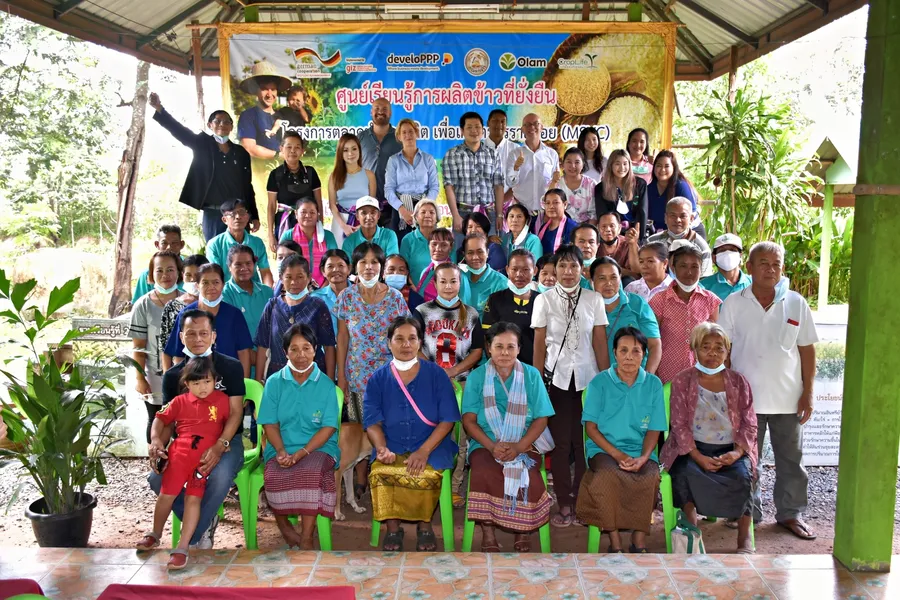
Participating Thai and Vietnamese rice farmers have improved their incomes through sustainable rice cultivation.
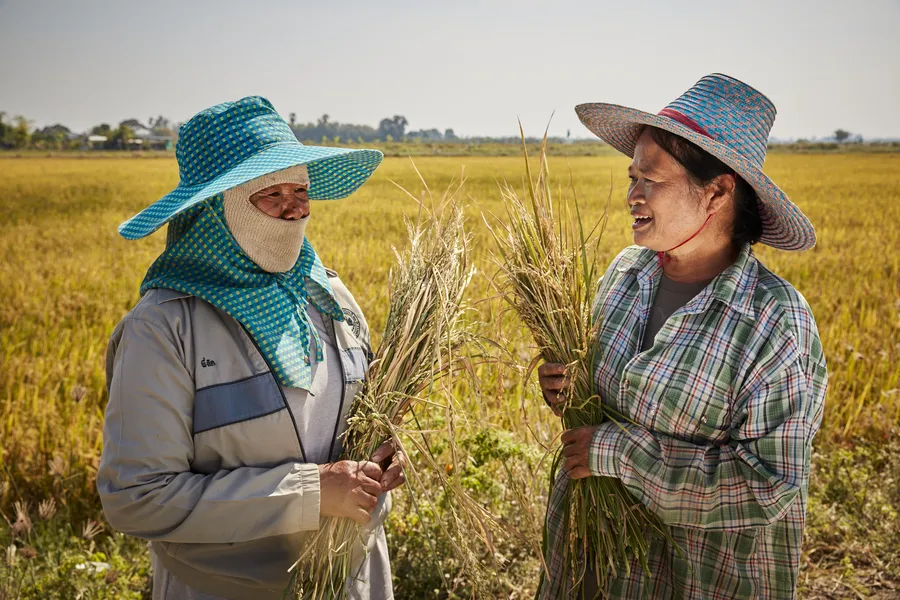
Olam Agri’s market-oriented approach creates a blueprint for commercialising sustainable rice.
